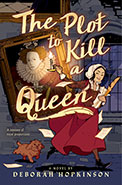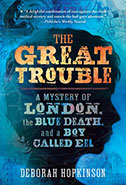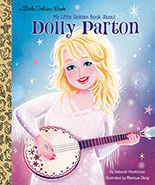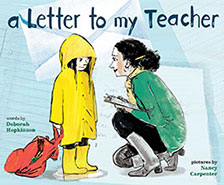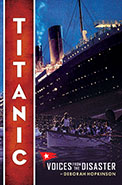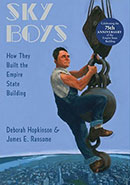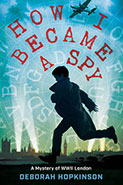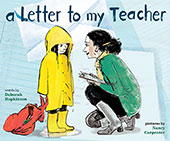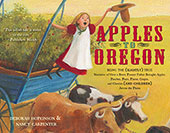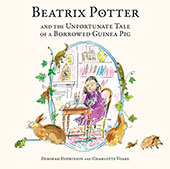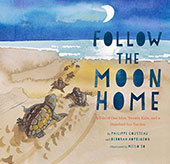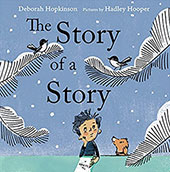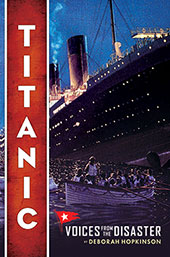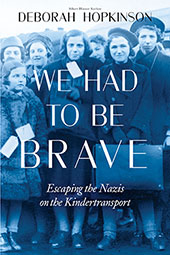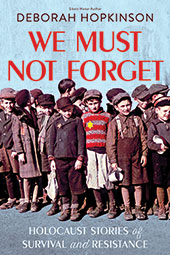Virtual Author Visits
Zooming into History and Action
While there’s nothing quite like an in-person author visit, virtual sessions offer flexibility and affordability. Also, when students participate in their classrooms, they are often able to see and hear better than in a large crowded gym.
I enjoy presenting to students from pre‑K through middle school. As the author of dozens of books, from picture books to long form nonfiction for older readers, I try to tailor each session to your school or library’s need. During March I often do a Women’s History Month. Other themes include environmental activism around Earth Day, World War II, and Thinking Like a Historian.
Depending on your school’s budget, we can combine grade levels for fewer sessions or do one all-school session. Sessions may also be on multiple days — or even scheduled at intervals throughout the academic year.
Sessions consist of an intro, a shared PowerPoint presentation which includes choral reading for younger students, and Q&A. We’ve had great success with individual classrooms joining in to ask questions. Times are approximate and usually we simply continue until there are no further questions, so please allow for 10–15 minutes between sessions when scheduling. I’ve also done presentations followed by separate writing workshops or a combined presentation/writing activity session. My rates are reasonable and designed to make an author visit presentation readily accessible.
To request a virtual speaking engagement, please contact me directly: (dhauthormail@deborahhopkinson.com) or use my contact form.
For in-person school, library, and conferences appearances please contact Authors Out Loud (requests@authorsunbound.com)
Author Virtual Visits
Times are approximate and grade level breakdowns are approximate and can be tailored to individual learning communities. All sessions include additional time for Q&A as needed.
K‑6
Be a History Detective (all school, 30 min plus Q&A)
For an all school presentation, I do a general introduction and focus primarily on picture books that will appeal to multiple grade levels, such as Sky Boys, A Letter to My Teacher, and The Story of a Story. I designed this for schools with a limited budget that want to get students excited about reading and writing.
PreK‑2
What Makes a Writer? (app. 25 min plus Q&A)
What makes a writer? Readers make writers! In this presentation for younger students, I encourage teachers to follow along with the simplified read-aloud slides as we tell the story together. Books that work well for this are Girl Wonder and Abe Lincoln Crosses a Creek. Since these are both historical fiction, my presentation includes slides of the actual creek where Austin Gollaher saved Abe and photos of Alta Weiss, baseball player
2–3
Imagine the Past (app. 30 min plus Q&A)
Where do story ideas come from? In this session, the focus is on how we all get ideas the same way: from things that happen to us, books, films, our imaginations. I introduce historical fiction, nonfiction, and “hybrid” picture books including Sky Boys, Butterflies Belong Here, Follow the Moon Home, and Only One.
4–5
History Must be Seen (app 35 min plus Q&A)
The focus for these curious readers is on historical thinking skills, including sourcing, contextualization, corroboration, and close reading. We look together at my middle grade historical fiction title, The Great Trouble, and use those skills to re-visit London during the 1854 cholera outbreak. Other featured titles include my nonfiction series, The Deadliests: The Deadliest Diseases Then and Now, The Deadliest Hurricanes Then and Now, and The Deadliest Fires Then and Now. A Deadliest study guide is available for download, and each title has its own student writing focus.
6–8
Tell Your Story! (app 35–40 min plus Q&A)
For middle school readers, I often focus on my longer nonfiction books including the Sibert honor title, Titanic: Voices from the Disaster, and my books about World War II: D-Day: The World War II Invasion that Changed History (paired with How I Became a Spy), We Had to be Brave, and We Must Not Forget. Out in 2023: Race Against Death: The Greatest POW Rescue of WWII.
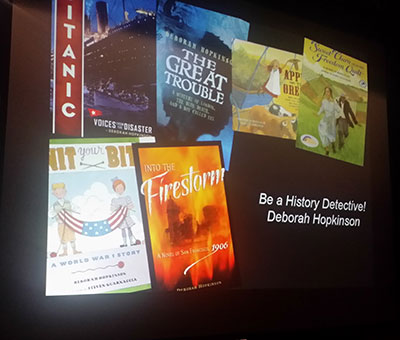
Writing Workshops and Activities
Writing Workshops may be stand-alone or incorporated into sessions. These usually require a bit more coordination, since for a virtual workshop I’m not available to walk around to offer encouragement, but it can work well. Here are some of the themed workshops and activities I’ve used, which can be adapted for various grade levels.
A Letter to My Teacher
A guided thank you letter to a teacher, coach, librarian, or anyone students would like to thank.
Apples to Oregon
Here, we write a letter to a person of the past. What’s the same in our lives between 1847 and now? What’s different?
Beatrix Potter and the Unfortunate Tale of a Borrowed Guinea Pig
Oops! Beatrix borrowed a guinea pig from her neighbor and it didn’t go so well. Here students use their imaginations to compose a letter of apology.
Follow the Moon Home
In this guided activity, we preview the book then students imagine writing a letter to a local business to ask for support for their sea turtle conservation activities.
The Story of a Story
There are prompts actually included at the back of this book, which form the basis for a story about a chickadee.
Titanic: Voices from the Disaster
One of my favorite workshops for fourth grade and up, students learn about the Collyer family on the Titanic, then write a letter after the event from Charlotte Collyer to her husband’s parents, imagining what the disaster was like for her, her husband, and their daughter. At the close, we read her actual letter.
We Had to be Brave / We Must Not Forget
This activity for older readers is based on the life experiences of Ruth David, one of the Holocaust survivors I was privileged to get to know during the research of these books. Ruth escaped on the Kindertransport; this activity asks students to imagine her writing to her parents and two youngest siblings left behind in Germany.
